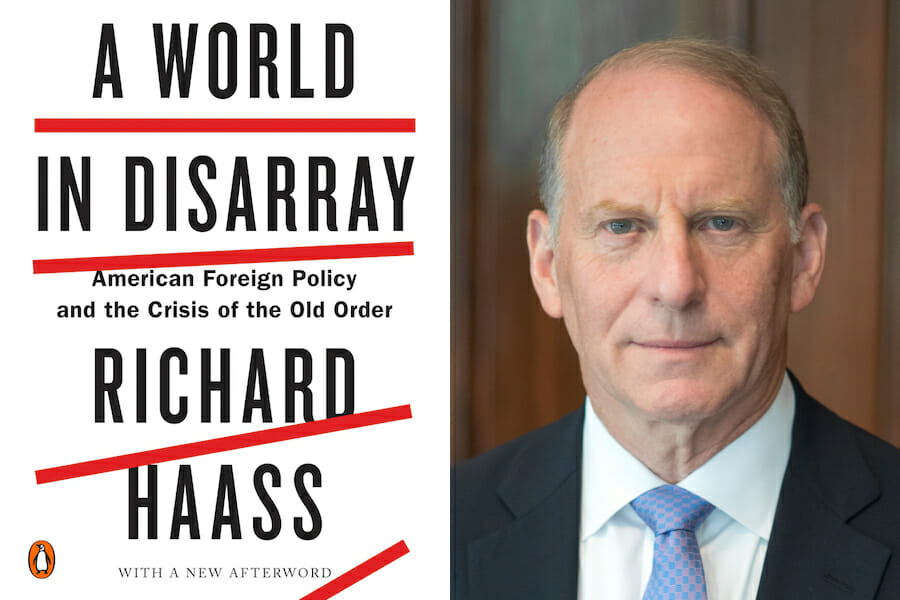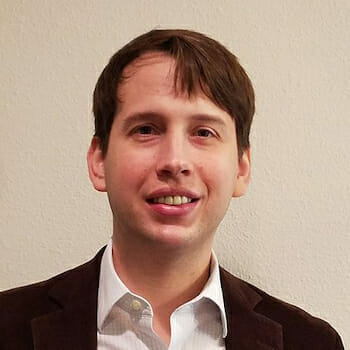
Books
Richard Haass On Books And Writing
Richard Haass is the president of the Council on Foreign Relations, a think tank. He resides in New York City.
A World in Disarray: American Foreign Policy and the Crisis of the Old Order was published in January.
Would you tell us a little bit about it?
A World in Disarray examines the globalized world we live in, how we got here, and what we should do about it. It is a world in which power is more distributed in more hands than at any other time in human history. The ability of the United States or any other power to control what is going on in the world is diminished.
Relations between the major powers are deteriorating. The Middle East is experiencing a modern day “30 Years War,” Asian stability is challenged by a rising China and a nuclear North Korea, and Brexit has placed the EU and the entire European project in jeopardy. This is the difficult world the new US president has inherited. People should be worried. I certainly am.
The world is in a state of mounting disarray that will likely affect us for the worse. And things will not get better if left to themselves. More than anything else, it will be what the United States does (and does not do) that will shape what happens in the world—and what happens in the world will affect the United States and all Americans, be it for worse or (hopefully) for better.
What kind of feedback have you gotten thus far?
First, almost everyone nods when they hear the title or mumbles, “You sure got that right.” That said, a few friends have wryly noted that “disarray” increasingly seems overly upbeat given where we are and may be heading! Second, many find the book to be accessible and useful history. Several have described it as the history class they should have taken in college but didn’t. And third, many have commented on the value of the notion of “sovereign obligation” and World Order 2.0. This suggests to me that people are looking for a compass to guide American foreign policy in this globalized world.
How long did it take to write? Do you have a writing routine?
The book had its origins in three lectures I prepared and delivered in the spring of 2015 at the University of Cambridge. I had the talks transcribed assuming I could quickly turn them into a book, but that turned out to be a frustrating failure. So I started over in the summer of 2015, and produced a draft good enough to circulate to ten or so readers as well as my editor Scott Moyers in the spring of 2016. After I received their comments and suggestions, I produced a final draft during the summer. I then rewrote the introduction to take the Brexit vote into account. The other change was to add a short forward in the days following the US election.
My writing routine is to write for a few hours early in the morning on as many days of the week as I can avoid early meetings. I do most of my thinking while walking (New York City is a perfect place to walk and write a book) and try not to linger over the keyboard when it is not happening for me. I should add that this is my 14th book but the first produced at a standing desk. I heartily recommend using one to others.
Do you have any literary influences?
I admire Henry Kissinger’s writing and the way he moves back and forth between the specific and the general. I also do my best to take to heart and put into practice the principles of Messrs. Strunk and White in an effort to keep my writing style clear and no longer than it needs to be.
What do you read for fun?
My two guilty pleasures are the Lee Child Jack Reacher books and just about any book about golf. I also read political biographies and memoirs, which can be interesting but probably don’t qualify as fun.

